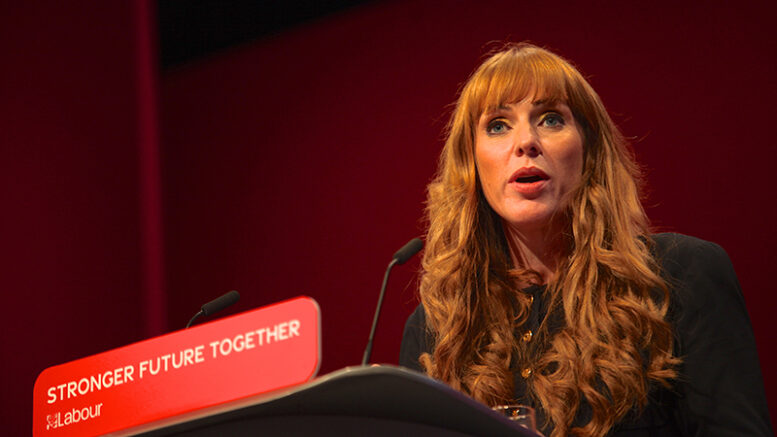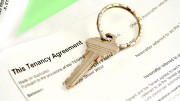Landlords are once again being cast as political scapegoats – this time by Housing Secretary Angela Rayner, who has sparked backlash after claiming that increasing the Local Housing Allowance (LHA) would merely hand more money to the private rented sector.
Speaking during a Housing, Communities and Local Government Committee session on the government’s spending priorities, Rayner rejected growing calls to unfreeze LHA rates, stating: “In the longer term, the only way we are going to fix this crisis is not by giving more money to private landlords for people who should be in social housing.”
Her comments – framed as part of a wider push to expand affordable housing – drew criticism not just from Conservative MPs, but from landlords, housing experts, and even the committee chair, Florence Eshalomi, who accused Rayner of dodging key questions on poverty, homelessness, and access to homes.
Evidence contradicts eviction claims
Rayner also made the explosive claim that landlords routinely “evict families with no excuse” before increasing rents and letting the same property to someone else. But this characterisation stands at odds with government data.
The English Housing Survey 2021–2022 shows that 77% of tenants ended their tenancies by choice, rather than being evicted. Only a small minority left their home due to action by their landlord. The evidence simply does not support the narrative of widespread “egregious” eviction practices.
Paul Simon, a landlord from Northampton, said the comments were “deeply unfair and completely disconnected from the reality on the ground.”
“I’ve housed families who’ve been turned away by social landlords,” he said. “The idea we’re just sitting here rubbing our hands waiting for benefits to roll in is fantasy. Most of us are absorbing higher costs just to keep tenants in place.”
Landlords left unsupported
In 2023, the Conservative government unfroze LHA after four years, allowing rates to reflect at least 30% of market rents. However, the Labour government refroze the allowance in 2024, citing cost controls. Rayner told the committee that the government is “spending £34 billion per year on housing support, including £12 billion in the private rented sector.”
But Florence Eshalomi pointed out that the LHA freeze is “pushing families into poverty”, warning that it leaves councils with little choice but to place vulnerable households in temporary accommodation – often at greater public cost.
Even the National Residential Landlords Association (NRLA), which has historically worked constructively with policymakers, has warned that the LHA freeze is unsustainable. The NRLA is calling for rates to return to the 30th percentile of local market rents to keep housing accessible to low-income tenants.
Chris Norris, Policy Director at the NRLA, previously stated: “Freezing the LHA in the middle of a cost-of-living crisis risks forcing more tenants into rent arrears and homelessness. It’s simply not a viable long-term solution.”
Housing targets don’t fix short-term rental pressure
Rayner has reiterated that Labour is committed to building 1.5 million homes, including social and affordable units. Yet, as Eshalomi bluntly put it: “We can’t build homes fast enough.” In the meantime, councils and housing associations continue to rely on the private rented sector to house those in need.
Rayner cited the Renters’ Rights Bill and the government’s “extra money” for homelessness prevention as evidence of action, but stopped short of confirming whether LHA rates would be reviewed before the next Budget.
“What we’ve seen,” she concluded, “is landlords evict families, with no excuse, and then ramp up the rent and put somebody in. That is because the housing market is in such a dire situation.”
But critics say that vilifying landlords while underfunding housing support isn’t solving the problem – it’s making it worse.
Landlords are not the enemy
While Rayner’s rhetoric may appeal to political audiences, the housing crisis requires more than slogans. The vast majority of landlords provide essential homes to those who would otherwise be excluded from the housing ladder – or left waiting indefinitely for scarce social housing.
Instead of blaming those keeping the rental sector afloat, a constructive dialogue is needed – one that supports tenants and recognises landlords as stakeholders, not obstacles.
Because in a market where councils are stretched, building takes years, and social housing is scarce, private landlords are not the problem – they’re the stopgap keeping thousands of families from falling through the cracks.








